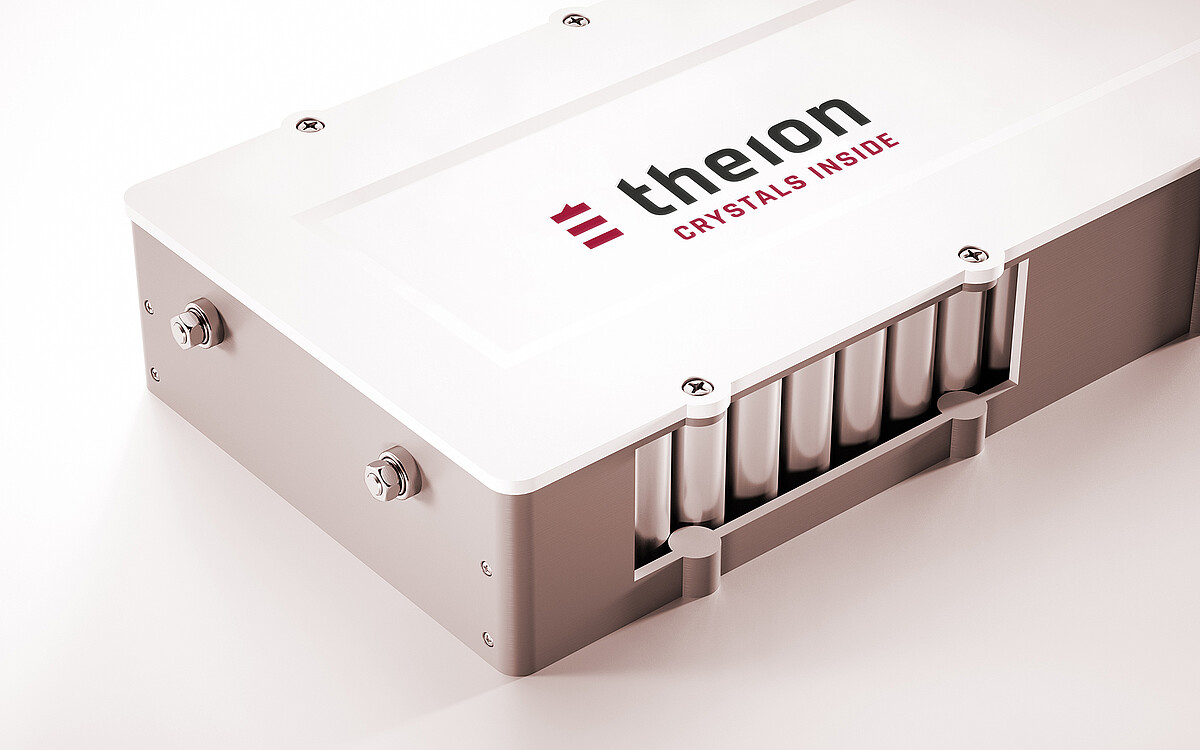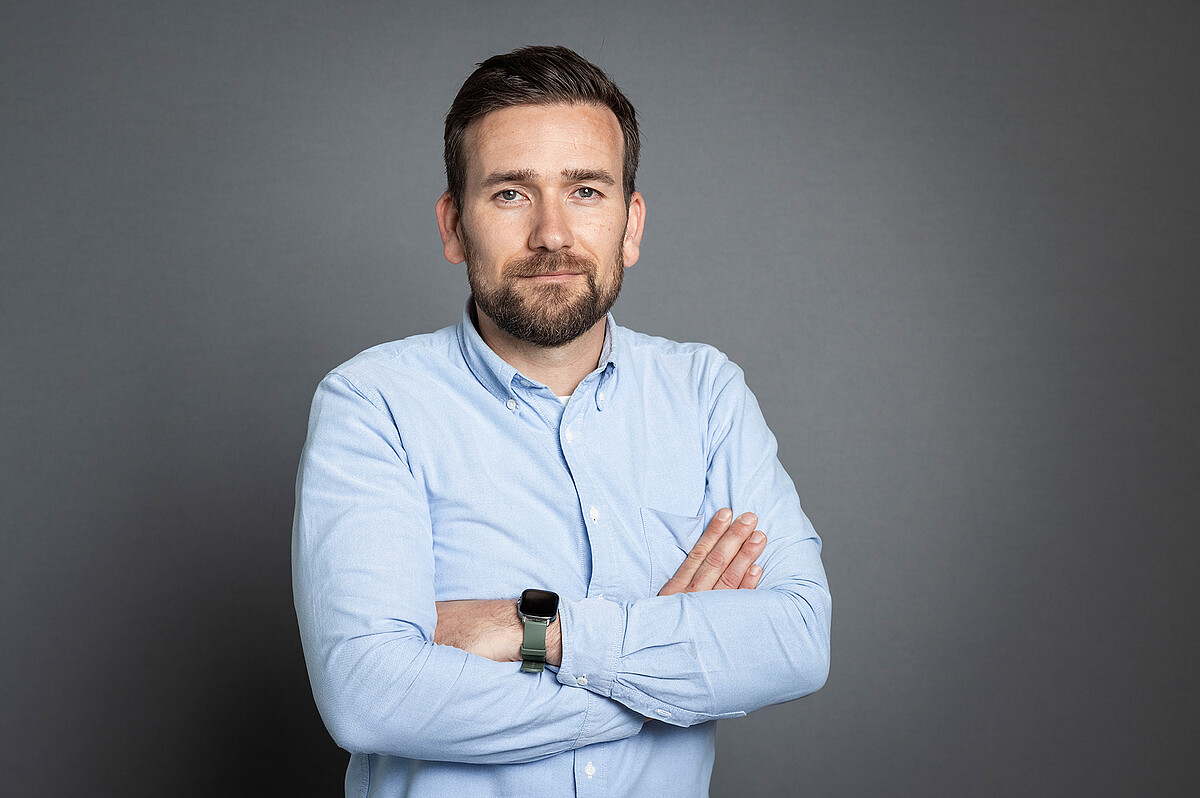Preparing for the battery revolution
Berlin startup Theion launches the first solid-state lithium-sulfur battery on the market.
Theion is the ancient Greek word for sulfur as well as “divine”. The main resource of its solid-state battery is sulfur, which is why the Berlin battery startup was named Theion by its founders Florian Ruess, Johannes Eisele, and Marek Slavik, the startup’s battery scientist and Chief Technology Officer. The name could also be read as “The ion”, which fits too since ions form an essential part of any battery.
Theion’s main product is a lithium-sulfur battery for e-mobility, which charges much faster, has more capacity, and can be manufactured without cobalt and even to an extent by recycling industrial waste. So Theion’s solid-state lithium batteries are considerably safer, cheaper and more environmentally friendly than current battery technology.
We spoke with Johannes Eisele, Manager Operations at Theion.
What is special about your technology? How will it change the market? For which fields of application is the technology relevant?
Theion has the potential to improve mobility for all future generations by contributing on a large scale to climate and environment protection. This is so tremendous that I feel obligated to contribute my utmost to make it reality.
We aim to surpass all liquid electrolyte based batteries with our technology and want to support the transformation of e-mobility. With our solid-state sulfur crystal technology, Theion is following a radically new approach. Theion is developing zero emission rechargeable batteries based on crystal technology using sulfur and lithium as the main raw materials. Theion‘s lithium-based solid-state batteries are cleaner, safer and less expensive than conventional batteries while being more efficient and powerful.
Allow me to mention a few details. The Theion crystal battery will be virtually non-flammable and without thermal runaway reactions. It will cost around half of lithium-ion-batteries. We’re scalable and able to produce enough batteries for predicted demand, and we’re environment and climate friendly. We use only 5% of the resources in comparison to a lithium-ion-battery and those 5% will be generated with renewable energy and other zero emission technologies.
So you’re not quite ready yet. What are the milestones for the next two years?
We expect our first lithium sulfur batteries in spring 2022 for the independent certification required by our early adopters from the aerospace industry. From that point on, we will focus on preparing for serial production, which we plan to start in 2023. Given enough funding to scale, we can be a global supplier of rechargeable batteries with significant market share at least for all mobility applications. We know that this is very aggressive timing, but our planet needs this solution urgently.

How do you assess the field? Who are the small and large competitors?
It’s true the battery market is fiercely contested, but we prefer to speak about ourselves. We are confident that the performance and the expected cost of our product are highly competitive. It is very important to look at the demand vs. production forecast for the next few years. One study provided by Fraunhofer Institute gives a good overview: around 2025, the current technologies will not be able to meet the demand anymore, despite all the Giga-factories being planned and built. The current and upcoming technologies simply cannot be scaled fast enough. It means that if we look at 2025 and beyond, it is not so much about competition but about who can produce the required quantities to meet the demand.
Is it worthwhile today to build up large production capacities for lithium-ion batteries worldwide?
This question is very difficult to answer. From today's point of view, there is of course an enormous and steadily growing demand. But! As soon as the Theion crystal battery is available, it will become a serious challenge for all existing products based on Li-Ion technology, not least in terms of available production capacities.
Why is the company in Berlin? What does Berlin have to offer for you?
Berlin is currently developing a high-tech ecosystem in various industries, not only in energy storage technology. The city is highly attractive for talents from all over the world. We also benefit from this when recruiting our international experts, as the city offers a high quality of living and unique diversity.

What is your personal background?
I studied energy technology with a focus on renewable energies and most recently worked as an innovation manager for the Berlin Economic Development Agency with a focus on electromobility, so I have a very good insight into the market, local business landscape and especially its innovative strength. I am currently responsible for operations at Theion and support the development and growth of the company.
With its patented technology, Theion is sure to make waves. Aligned sulfur crystals in a wafer-like layer promise more efficiency than liquid electrolyte. Nobel prize winner Stan Whittingham already said so, and Theion aims to prove him right. Furthermore, Theion is cooperating with another innovative Berlin company, Horizer, who make solar tech for cars – thus providing the electricity to be stored in the Theion batteries.
Read more about how Berlin leads the way in energy storage systems and battery-related business.
Header image: CHUTTERSNAP on Unsplash

